Inglês 9º ano
-
Módulo I- Textual Genres and Vocabulary.8 Tópicos|8 Questionários
-
AULA I_ Pronouns: demonstrative, personal, possessive.
-
AULA II- Present Perfect : apresentação oral, entrevista, role- play.
-
AULA III- Reading Infinitivo, gerúndio e particípio.
-
AULA IV- Reading Presente Perfeito
-
Aula V- Sinônimos e antônimos.
-
Aula VI- Hiperônimos e hipônimos.
-
Aula VII- Parônimos.
-
Aula VIII- Estudo dos gêneros textuais.
-
AULA I_ Pronouns: demonstrative, personal, possessive.
-
Modulo II- Grammar and Vocabulary.8 Tópicos|8 Questionários
-
Modulo III- Listening and Conversation.7 Tópicos|7 Questionários
-
Modulo IV_ Grammar and Stories.7 Tópicos|7 Questionários
-
Aula I- Advérbios
-
Aula II- Comparativo e superlativo.
-
Aula III- Adjetivos
-
Aula IV- Cognatos e falsos cognatos.
-
Aula V- Gêneros Textuais: verbete, texto de divulgação científica, textos didáticos.
-
Aula VI- Artigos de opinião/ Short stories/ Fábulas
-
Aula VII- Revisão e reescrita de textos. Emprego de substantivos, adjetivos, advérbios e conjunções.
-
Aula I- Advérbios
Aula VIII- Estudo dos gêneros textuais.
Module 1_9th grade_Lesson VIII_Estudo dos gêneros textuais
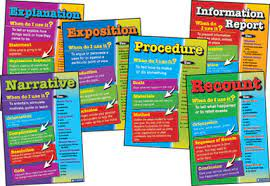
Hello, guys!! How are you doing?
Nesta aula, vocês aprenderão os nomes dos gêneros textuais em inglês e suas principais características. Happy studying, everyone!!

Definition of “genre” in English:
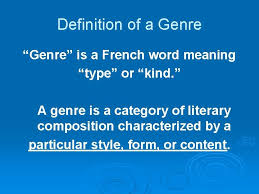
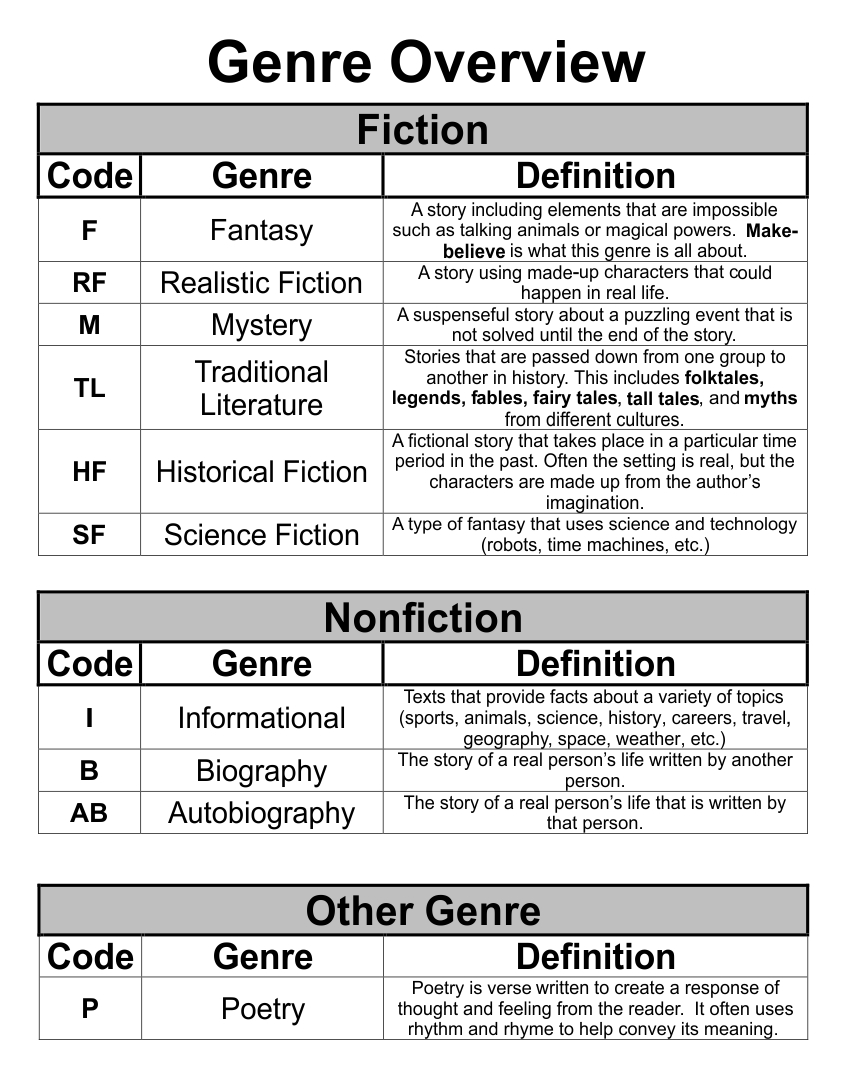
Text types in English
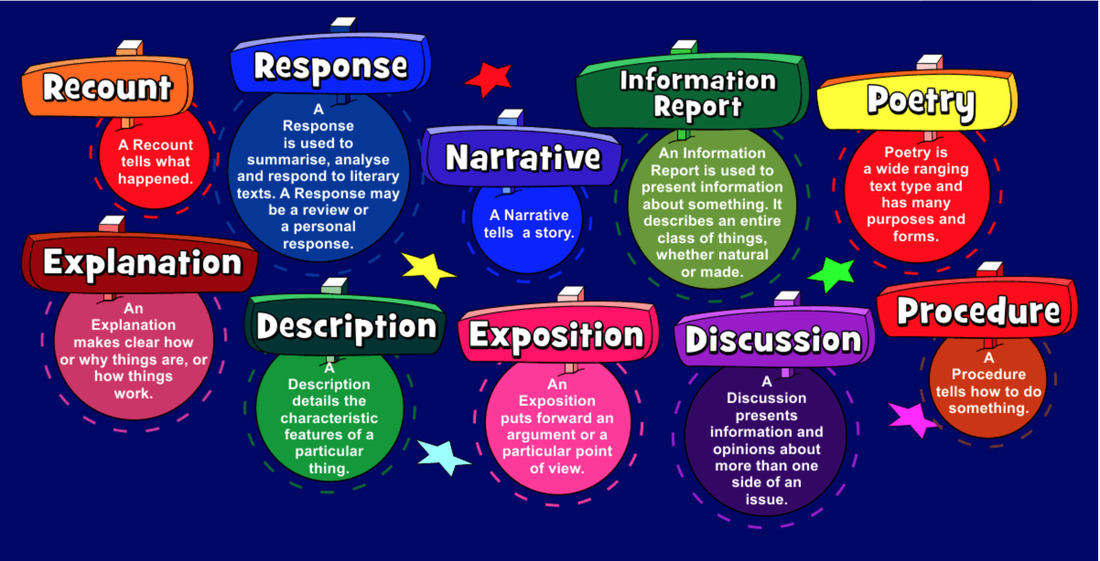
Literary Genres and Subgenres
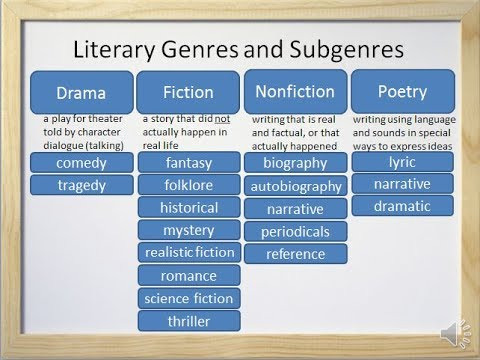
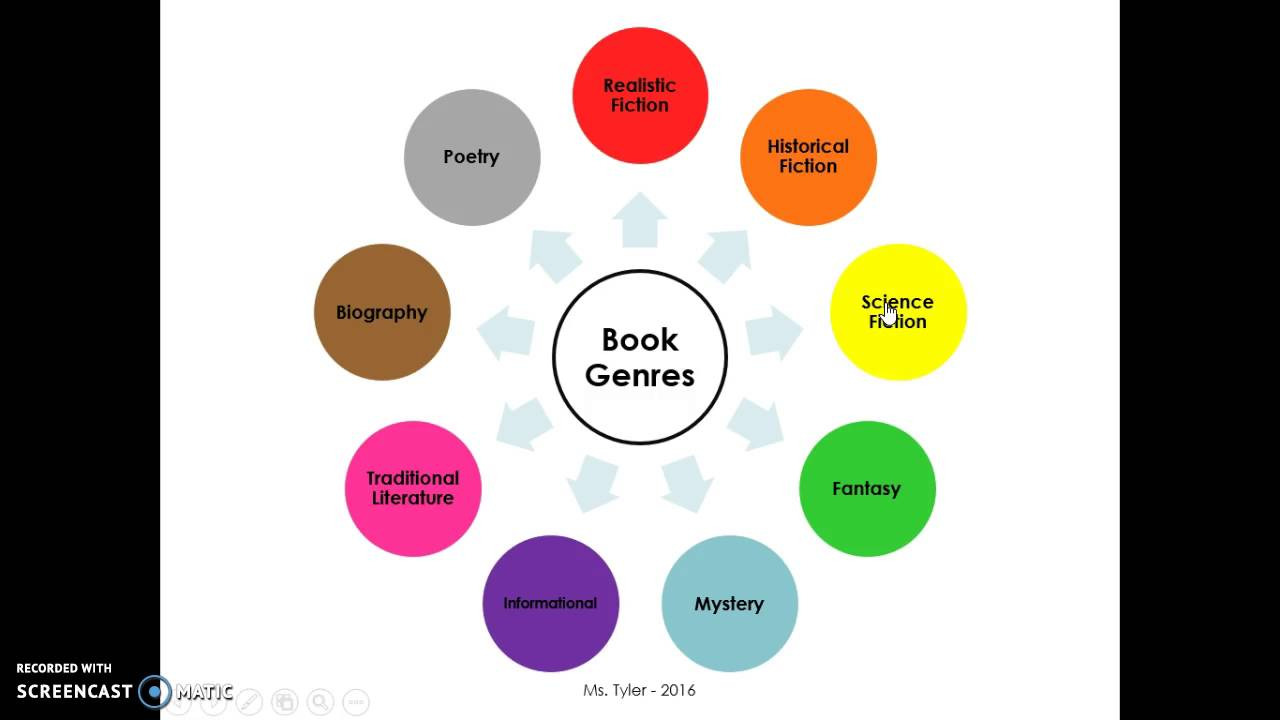
Types of academic writing
The four main types of academic writing are descriptive, analytical, persuasive and critical. Each of these types of writing has specific language features and purposes. In many academic texts you will need to use more than one type. For example, in an empirical thesis:
- * you will use critical writing in the literature review to show where there is a gap or opportunity in the existing research
- *the methods section will be mostly descriptive to summarise the methods used to collect and analyse information
- *the results section will be mostly descriptive and analytical as you report on the data you collected
- *the discussion section is more analytical, as you relate your findings back to your research questions, and also persuasive, as you propose your interpretations of the findings.
Genres of writing
There are six genres of writing: descriptive, expository, persuasive, narrative, technical and poetic. Compare and Contrast: you examine similarities and differences between two people, places, ideas, or things.
Descriptive Writing
In this genre of writing, you might take note of things like metaphors and similes and use these sensory details to make your writing more objective.
· Comparisons
· Descriptive sentences
· Poems
Expository Writing
In this genre, it is common to collect and synthesize information. This type of writing is often objective – reports are the most frequently seen medium.
· Essays
· Directions
· Reports
· Summaries
Journals and Letters
Here you might either write to yourself or to someone else. This type of writing is personal and less formal than any of the other genres. You may share news, ideas or take notes.
· Blogs
· Letters
· Personal journals
Narrative Writing
The genre may involve sharing of stories, writing stories about personal events and creating new stories. These will include a beginning, a middle and an end.
· Personal narratives
· Story sharing
· Story scripts
Persuasive Writing
Persuasion refers to the ability to convince someone to see things from your specific vantagepoint.
· Book and movie reviews.
· Letters to the editor
· Letters
· Essays
· Advertisements
Poetry Writing
This genre focuses on creating imagery with words, using rhymes and other stylistic devices to create poems.
· Poems
· Haiku
Happy Studying, everyone!!

Respostas